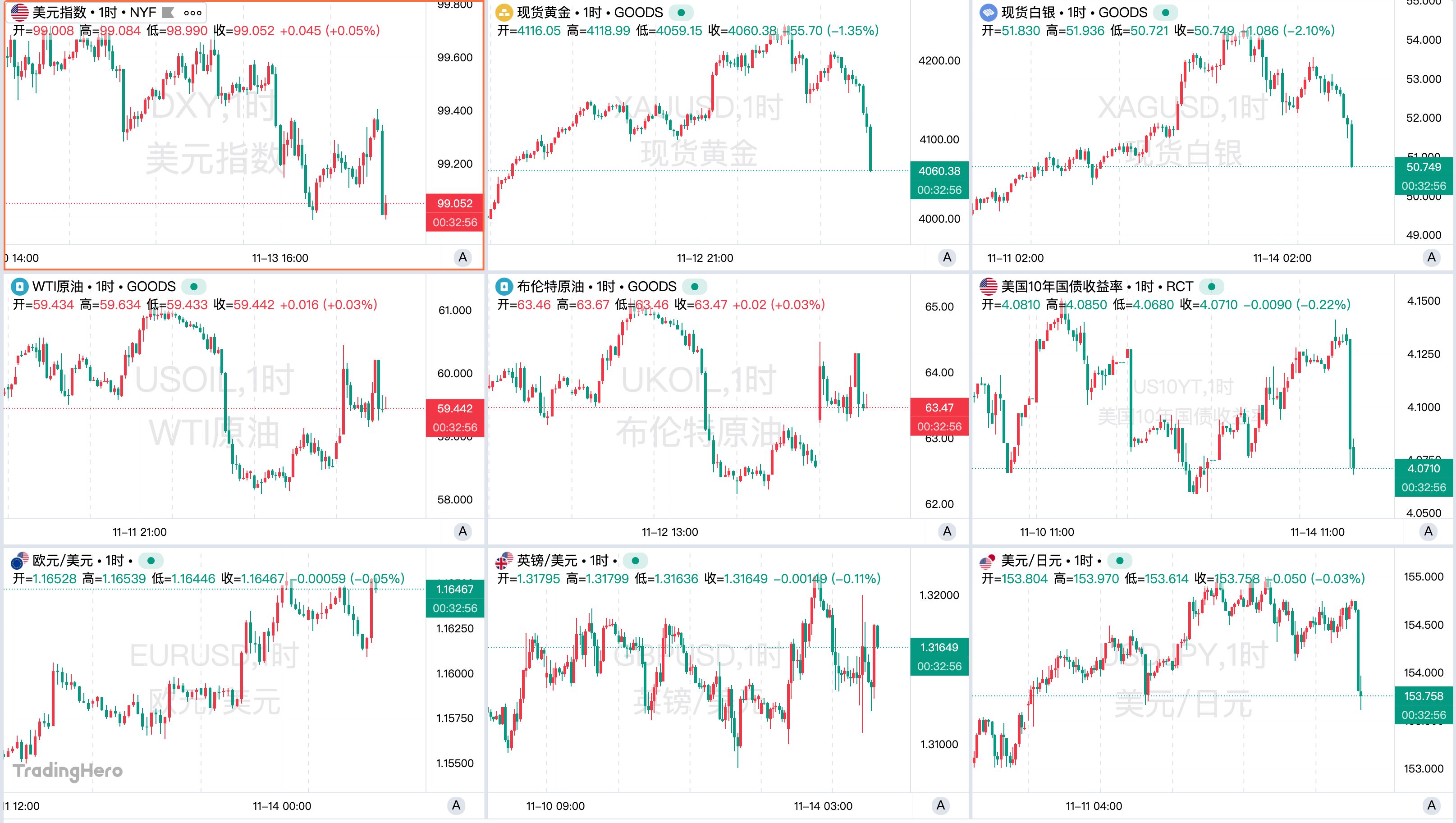Bitcoin, Cardano, and SUI: Why These 3 Cryptos Dominate Analyst Portfolios in September 2025
- Bitcoin, Cardano, and SUI dominate 2025 crypto portfolios due to institutional adoption, regulatory clarity, and scalable tech. - Bitcoin hits $126,000 by year-end as ETF inflows and post-halving scarcity reinforce its role as inflation-hedging "digital gold." - Cardano's $5.66 price surge stems from Hydra scaling, DeFi growth, and emerging market partnerships enhancing cross-border utility. - SUI attracts institutional interest via Move-language security, 100,000+ TPS throughput, and infrastructure-focu
The crypto market in 2025 is defined by a confluence of institutional adoption, regulatory clarity, and technological innovation. Three assets—Bitcoin, Cardano , and SUI—have emerged as dominant forces in analyst portfolios, driven by robust fundamentals and strategic alignment with macroeconomic trends. This article dissects why these cryptos are capturing institutional and retail attention, and how they position investors for long-term growth.
Bitcoin: The Institutional Cornerstone
Bitcoin’s role as digital gold has solidified further in 2025, with institutional demand pushing its price toward $126,000 by year-end and long-term forecasts reaching $200,000–$250,000 by 2030 [1]. Key drivers include:
- ETF Inflows: Record inflows into Bitcoin ETFs have created a structural tailwind, with institutions viewing BTC as a hedge against inflation and a store of value [3].
- Regulatory Clarity: Jurisdictions like the U.S. and EU have finalized frameworks for crypto asset management, reducing legal uncertainty and attracting pension funds and sovereign wealth funds [1].
- Post-Halving Dynamics: Reduced sell pressure post-halving in April 2024 has amplified scarcity, reinforcing Bitcoin’s narrative as a deflationary asset [1].
Cardano: Affordable Scalability for the Masses
Cardano (ADA) has carved a niche as a cost-effective, scalable alternative to Ethereum , with its price surging from $0.99 to a projected $5.66 by year-end [1]. Analysts highlight:
- Hydra Scaling: Cardano’s Hydra protocol enables parallel processing of transactions, slashing fees and latency while maintaining security [1].
- DeFi Expansion: Growing adoption of decentralized finance (DeFi) applications on Cardano, coupled with community-driven governance, has attracted developers and users [1].
- Institutional Partnerships: Strategic collaborations with fintech firms and governments in emerging markets are accelerating ADA’s utility as a cross-border payment solution [1].
SUI: High-Throughput Innovation
SUI, the native token of the Sui blockchain, has stabilized near $3.03, drawing institutional interest for its Move-based smart contracts and high throughput [1]. Key advantages include:
- Move Language: Sui’s use of the Move programming language enhances security and flexibility, appealing to enterprise clients and DeFi protocols [1].
- Scalability: Sui processes over 100,000 transactions per second (TPS), outpacing Ethereum and Solana , making it ideal for Web3 applications requiring speed [1].
- Institutional Adoption: Major asset managers have added SUI to their crypto baskets, citing its role in the next phase of blockchain infrastructure [1].
Balancing Stability and Speculation
Conclusion
The dominance of Bitcoin, Cardano, and SUI in 2025 portfolios underscores a shift toward assets with proven utility, institutional backing, and scalable infrastructure. As macroeconomic conditions favor digital assets, investors who align with these fundamentals are poised to capitalize on the next leg of the crypto bull run.
Source:
[1] Bitcoin, Cardano and SUI Dominate Analyst Portfolios
[2] Bitcoin News Today: Institutional Capital Is Rewriting the Rules
[3] 5 Best Cryptos to Buy for Long-Term Growth — Bitcoin, SUI
Disclaimer: The content of this article solely reflects the author's opinion and does not represent the platform in any capacity. This article is not intended to serve as a reference for making investment decisions.
You may also like
Powell faces the ultimate test: At least three dissenters at the December meeting, Federal Reserve consensus collapses!
The "Fed mouthpiece" reported that internal divisions within the Federal Reserve have intensified amid a data vacuum, with three board members appointed by Trump strongly supporting a dovish stance, while the hawkish camp has recently expanded.
Weekly Hot Picks: Data Disappearance Doesn’t Stop the Fed’s Hawkish Stance! Global Multi-Asset Markets Face “Backstabbing”
The U.S. government shutdown has ended, but the release of key data remains chaotic. The Federal Reserve has sent frequent hawkish signals, causing significant declines in gold, silver, stocks, and currencies on Friday. The U.S. has launched Operation "Southern Spear". Buffett delivered his farewell letter, and the "Big Short" exited abruptly. What exciting market events did you miss this week?


SignalPlus Macro Analysis Special Edition: Is It Going to Zero?
Over the past week, cryptocurrency prices declined once again. BTC briefly reached $94,000 on Monday due to lighter selling pressure before pulling back, and major cryptocurrencies saw further week-on-week declines...
